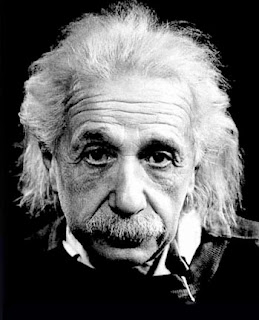THE FORTUNE COOKIE CHALLENGE
The other night at the end of my Chinese dinner at Forbidden City, a fortune cookie presented me with a challenge:
What great things would you attempt
if you knew you could not fail?
Pondering this question later, I found many considerations coming to mind, but no immediate or self-evident answers. I considered
• Should the things I attempt be great for me (like writing a Pulitzer Prize-winning novel) or great for others (like winning the Nobel Peace Prize)?
• Even if I could not fail to achieve the great objective I sought, what would be the effects of the struggle on me or others—what costs, what unintended consequences?
• Is there not something good to be said for risking failure when attempting great things, for having victory come hard, not easy? But then, perhaps “knowing you cannot fail” amounts to possessing great faith and confidence necessary to succeed at difficult tasks.
• Then there’s the problem of deciding on something “great” to do. “Great” in whose eyes and by what standards, measures or values? Even if the standard is my own subjective judgment, if it simply amounts to “What feels great to me,” I may still doubt the worth of the venture.
Why this indecisiveness, I further wonder; why this internal resistance to imagining some great deeds to do (which is, I suppose, the motive of the fortune cookie writer in this instance)? I guess I’m wary there’s a catch in the deal, some hidden kicker because great things don’t come easy.
But if they did—what then?
I would begin by delineating what seem to me to be the world’s major problems and needs. Then I would invite you to discover other problems and needs to add to the list. Finally, I’d urge us all to pitch in where we can.
Here’s my list, so far:
SOME OF THE WORLD’S
MAJOR PROBLEMS AND NEEDS
1. abundant clean energy
2. adequate supplies of
a. food
b. clean water
c. income/wealth for all
d. health care and wellness programs
3. cures and treatments for diseases and disorders
4. nonviolent cultures of cooperation and partnership (instead of a dominator ethos)
5. sciences that address questions, issues, and problems of highest importance for life to thrive.
6. entertainments that are enriching and fulfilling, rather than mindless or debilitating
7. educational opportunities designed to nourish the strongest aptitudes of all people and to cultivate their abilities.
8. empathy: the root of the Golden Rule, the ability to feel what others feel compassionately, and the will to alleviate their suffering and not contribute to it.
With more time and thought I’ll come up with others, as will you, I hope.
Meanwhile, if I have not yet made any great attempts in these directions, I stand ready to applaud and encourage any who are doing so or will do so. As the poet Goethe is said to have said:
"What you can do, or dream you can, begin it!
Boldness has genius, power and magic in it."
*











































